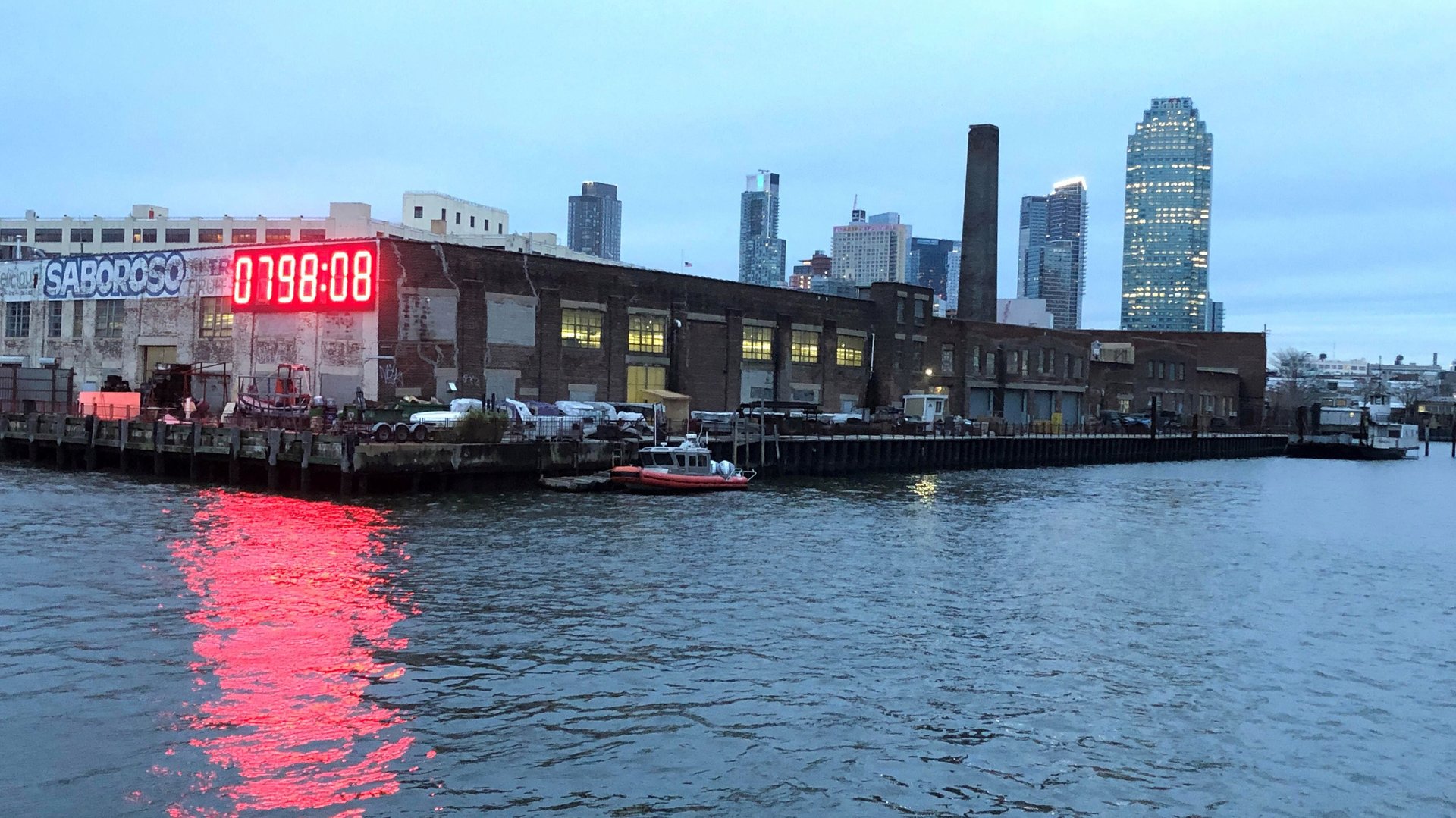Ahead of Amazon’s move to Queens, could buying an apartment count as insider trading?
Luxury high-rise apartments were already sprouting in Long Island City, a historically industrial neighborhood in Queens across the East River from Manhattan, before Amazon selected it as a site of its new headquarters.


Luxury high-rise apartments were already sprouting in Long Island City, a historically industrial neighborhood in Queens across the East River from Manhattan, before Amazon selected it as a site of its new headquarters.
Since the announcement, the neighborhood has experienced a surge in real-estate interest—but some purchases were made even earlier, the Wall Street Journal reported:
Joining the rush were at least three Amazon employees who recently bought homes in Long Island City, according to real-estate brokers. Two of them signed contracts at the Galerie, a new 11-story condo building with a pool and interior courtyard, said Brendan Aguayo, a senior managing director at Halstead Property Development Marking, which is selling units there.
The two employees decided to the buy units just before the first press reports surfaced that Amazon was likely to choose Long Island City for its new headquarters, Mr. Aguayo said. The buyers now live in New Jersey and Queens, he added.
An Amazon spokesman said only a small number of employees were involved in its headquarters project, and the company was not aware of anyone with advance knowledge of the decision who made real estate purchases based on that information.
The Journal said such transactions were not illegal, citing several unnamed real estate lawyers. Even so, anecdote raised eyebrows on social media and drew comparisons to insider trading, which prohibits buying or selling securities based on material nonpublic information. Should the same restrictions apply to using material nonpublic information—in this case, advance knowledge of Amazon’s HQ2 decision—to buy or sell property?
Steven Feldman, a former federal prosecutor and white-collar criminal-defense attorney with Murphy & McGonigle, told Quartz the transactions wouldn’t technically constitute insider trading because they don’t “involve the purchase or sale of securities.”
But, he said, a key question was whether Amazon’s employees were notified early of the HQ2 decision and given permission to act on that information for their own benefit. If not, the apartment purchases could be seen as “stealing company information and using it for personal gain.” He added that other crimes like wire fraud were possible. “It’s certainly the kind of thing that doesn’t sound ethical,” he said.
Bloomberg columnist Matt Levine made a similar argument in October, noting that since buildings aren’t securities, there isn’t an express ban on using them to profit off confidential information:
The insider trading laws apply only to securities markets—even insider trading in commodities markets is mostly okay—and that probably is because of some background expectation of a level playing field in those markets. Nobody expects real estate to be fair; it is not exchange-traded and liquid and fungible; it is just obviously a market where some people know things that others don’t. Insider trading in operation is about theft, not about fairness, but the reason that the law concerns itself with the theft of one particular kind of information—or, rather, with one particular misuse of other people’s information—probably is about fairness.
Feldman said another question is whether such purchases could have violated Amazon’s code of business conduct and ethics. Section II notes that a conflict of interest arises “when an employee’s personal interest interferes with the best interests of Amazon.com.”